In a groundbreaking move, Forward Health introduced CarePod, an AI-based healthcare solution that allows individuals to undergo various medical procedures without the physical presence of a doctor or nurse. This fusion of AI-driven technology and conventional healthcare is set to transform the way we approach medical tests and diagnoses. Let’s explore the features of CarePod, its debut in major cities, and the potential it holds for reshaping the healthcare landscape.
The CarePod Experience: CarePods, equipped with AI technology, offer users a unique healthcare experience reminiscent of a blend between a doctor's office and an Apple Store. With the debut of 25 CarePods in cities like Scottsdale, San Francisco, New York, Chicago, and Philadelphia, Forward Health aims to have 3,200 robotic doctors operational within a year. The vision includes expanding CarePods into malls and office buildings, providing convenient access to healthcare.
How CarePod Works: Users can access CarePods by unlocking the door with their phones, stepping into a space equipped with a large touchscreen, a chair, and a full-body scanner represented by a glowing ring on the floor. The touchscreen offers a range of test options, from full-body scans to specific screenings for conditions like thyroid issues and diabetes. Once a test is selected, a drawer containing the necessary materials opens.
CarePod employs single-use, needleless collection devices for blood tests, and blood pressure is measured through a wireless arm cuff. The specifics of STD testing procedures remain undisclosed. Upon completing the tests, users receive a diagnosis on the screen. If further action is required, a human doctor from Forward Health provides prescriptions or additional instructions. While a real person staffs each CarePod to answer questions and maintain the device, they don't enter the pod during tests.
Data Privacy Assurance: Forward Health emphasizes its commitment to data privacy, implementing best-in-class security practices such as data encryption and access control. The company assures users that it does not sell patient data to third parties, and individuals retain ownership of their health data. The integration of AI in healthcare raises concerns about data security, and Forward Health strives to address these issues to build trust among users.
AI in Healthcare: The rise of AI in healthcare is evident, with the technology aiding professionals in processing vast amounts of information for pattern recognition and predicting medical outcomes. Natural Language Processing (NLP), a form of AI, plays a crucial role in diagnosing illnesses and extracting relevant information from health data. Automation of administrative tasks is another aspect of AI implementation, although the full impact on the quality and cost of care is yet to be fully realized.
CarePod Subscription Model: CarePod offers on-demand access and virtual visits for a monthly fee of $99. It's important to note that insurance is not accepted, marking a departure from traditional healthcare models. In a landscape where securing a medical appointment can be challenging, CarePod aims to provide quick and convenient healthcare without the traditional waiting room experiences.
CarePod emerges as a pioneering solution in the realm of healthcare, blending AI technology with conventional medical practices. Its potential to revolutionize the healthcare experience, offering on-demand access and virtual visits, reflects the evolving landscape of medical services. As the deployment of CarePods expands and AI continues to shape the future of healthcare, individuals may find a new level of convenience and efficiency in managing their health
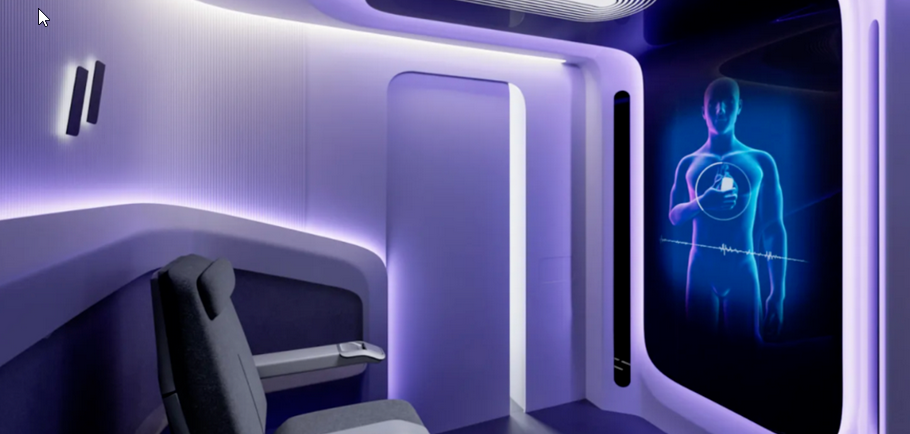
 CarePod emerges as a pioneering solution in the realm of healthcare, blending AI technology with conventional medical practices. Its potential to revolutionize the healthcare experience, offering on-demand access and virtual visits, reflects the evolving landscape of medical services.
CarePod emerges as a pioneering solution in the realm of healthcare, blending AI technology with conventional medical practices. Its potential to revolutionize the healthcare experience, offering on-demand access and virtual visits, reflects the evolving landscape of medical services.






.png)
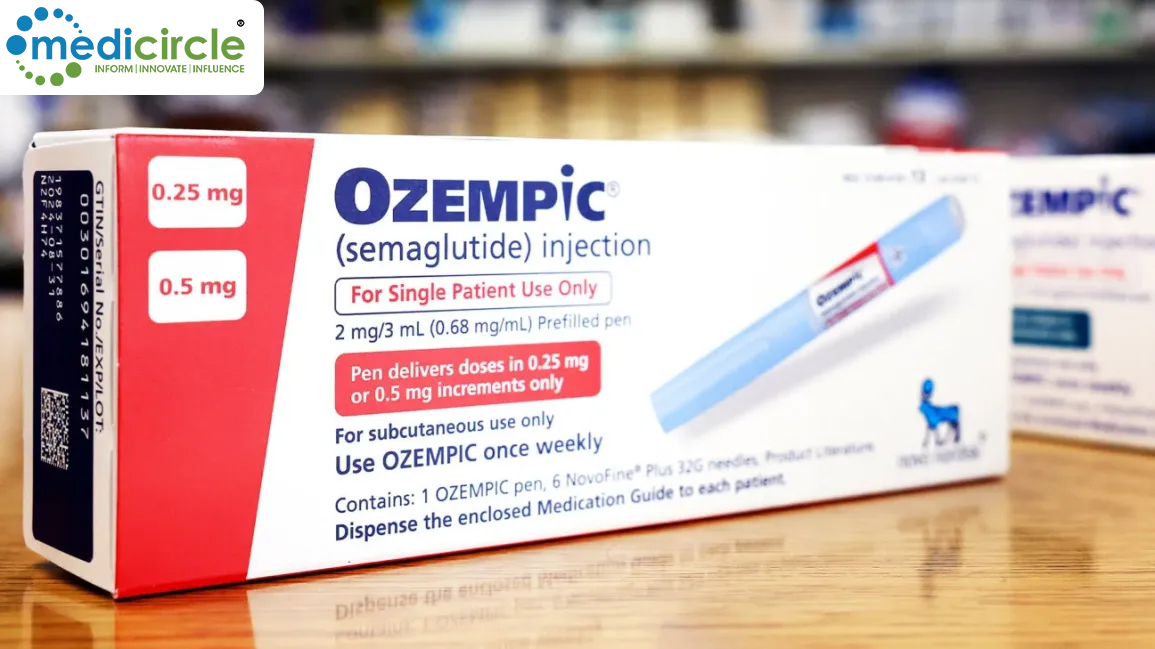

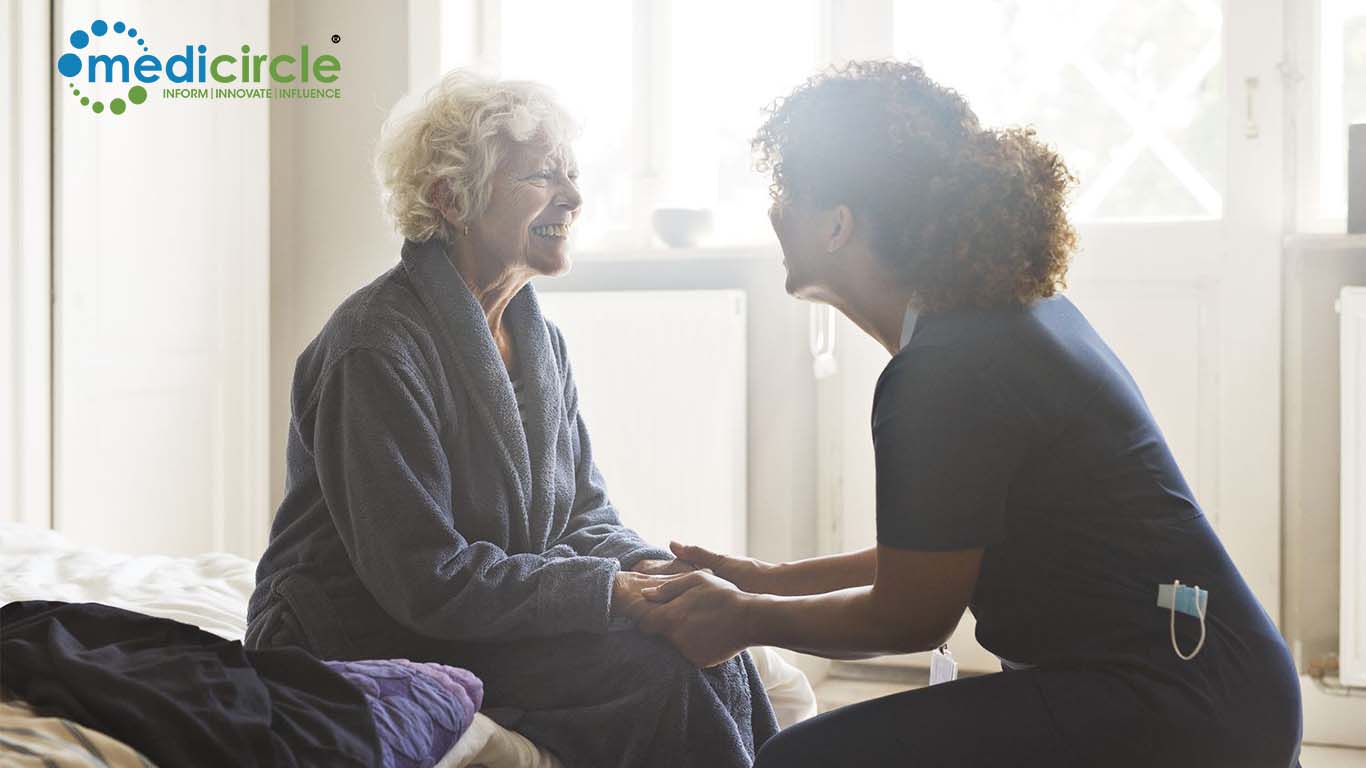
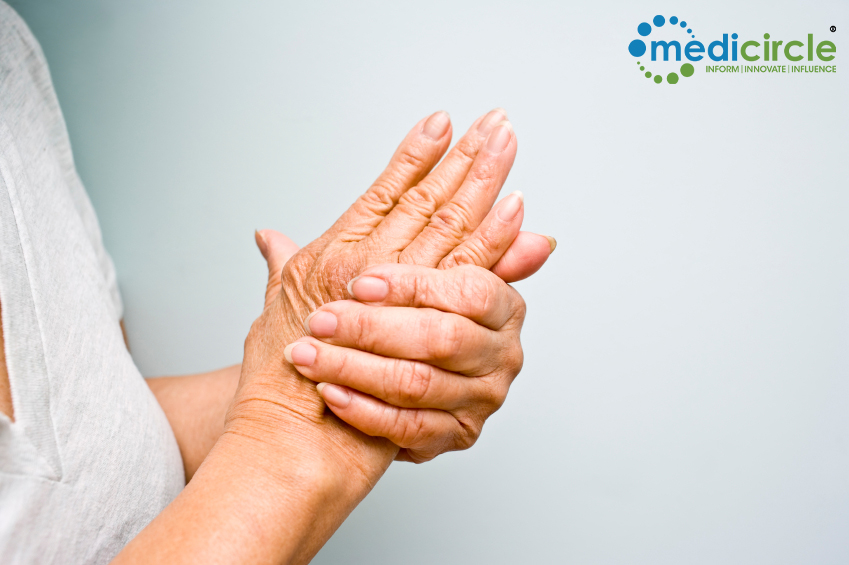
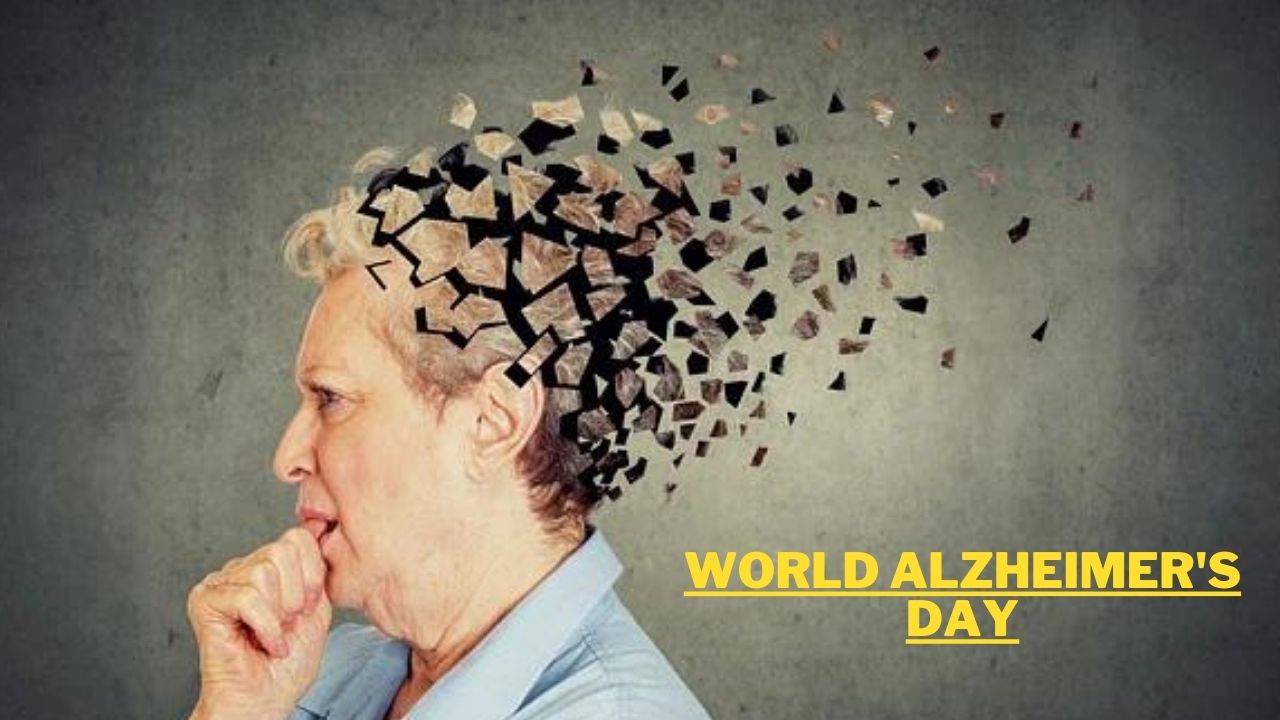
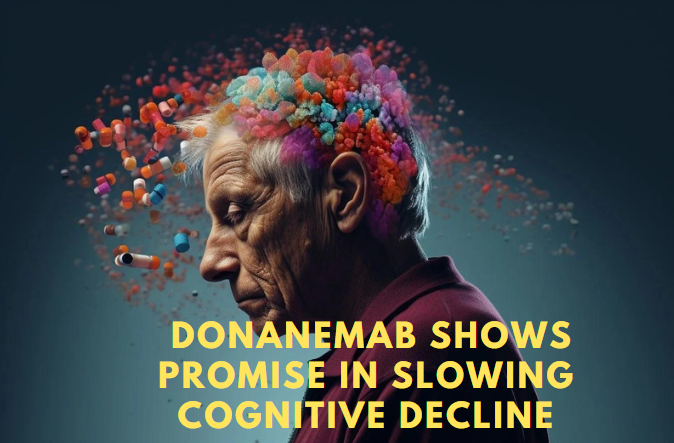







.jpeg)


.jpeg)
.jpeg)
.jpeg)
_(1).jpeg)

_(1)_(1)_(1).jpeg)
.jpeg)
.jpeg)
.jpeg)








.jpeg)
.jpeg)